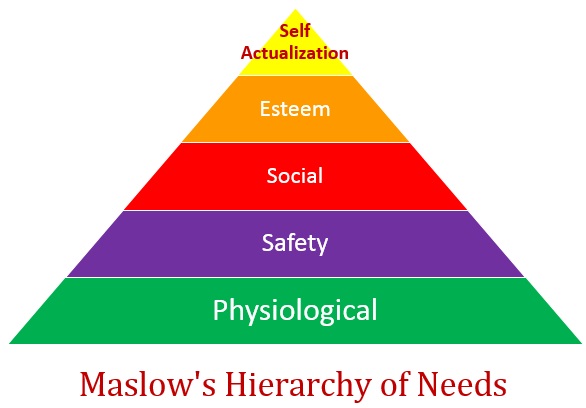Brighten Your Eyes Best Solutions for Under-Eye Bags
Introduction:
Tired of looking like you haven’t slept in days? Under-eye bags can be a real confidence killer, leaving you feeling and looking exhausted. But fear not! There are plenty of solutions out there to help brighten your eyes and banish those pesky bags for good.
Understanding Under-Eye Bags:
Before we delve into the solutions, let’s understand what causes those bags to form in the first place. Under-eye bags are often the result of fluid retention, aging, allergies, or genetics. When the delicate skin under our eyes becomes swollen and puffy, it can create the appearance of bags, making us look tired and worn out.
The Quest for Solutions:
Fortunately, there’s no shortage of treatments available to help combat under-eye bags. From skincare products to lifestyle changes, there are plenty of options to explore. So let’s take a closer look at some of the best solutions to brighten your eyes and bid farewell to under-eye bags.
Skincare Remedies:
- Eye Creams: Look for eye creams specifically formulated to target under-eye bags. Ingredients like caffeine, hyaluronic acid, and vitamin C can help reduce puffiness and brighten the under-eye area.
- Cold Compresses: Applying a cold compress, such as chilled cucumber slices or a cold spoon, can help constrict blood vessels and reduce swelling, temporarily diminishing the appearance of under-eye bags.
- Eye Masks: Treat yourself to an eye mask infused with soothing ingredients like aloe vera or chamomile. These masks can help hydrate the skin and reduce puffiness, leaving you with brighter, refreshed eyes.
Lifestyle Adjustments:
- Get More Sleep: Lack of sleep is a major contributor to under-eye bags. Aim for 7-9 hours of quality sleep each night to allow your body time to repair and rejuvenate.
- Stay Hydrated: Dehydration can exacerbate under-eye bags, so be sure to drink plenty of water throughout the day to keep your skin hydrated and healthy.
- Reduce Salt Intake: Excess salt can lead to fluid retention, causing under-eye bags to appear more prominent. Limit your intake of salty foods and opt for fresh, whole foods instead.
Professional Treatments:
- Filler Injections: For more severe cases of under-eye bags, filler injections can provide a quick and effective solution. Hyaluronic acid fillers can help plump up hollow areas and smooth out the under-eye area for a more youthful appearance.
- Chemical Peels: Chemical peels can help improve skin texture and tone, reducing the appearance of under-eye bags and dark circles. These treatments work by exfoliating the outer layer of skin, revealing smoother, brighter skin underneath.
At-Home Remedies:
- Tea Bags: Place chilled tea bags, such as green or black tea, over your eyes for 10-15 minutes to help reduce puffiness and refresh tired eyes.
- Potato Slices: Similar to tea bags, chilled potato slices can help constrict blood vessels and reduce swelling when placed over the eyes for a few minutes.
- Good Old Rest: Sometimes, all your eyes need is a little rest and relaxation. Take breaks throughout the day to close your eyes and rest, allowing them to recover from strain and fatigue.











